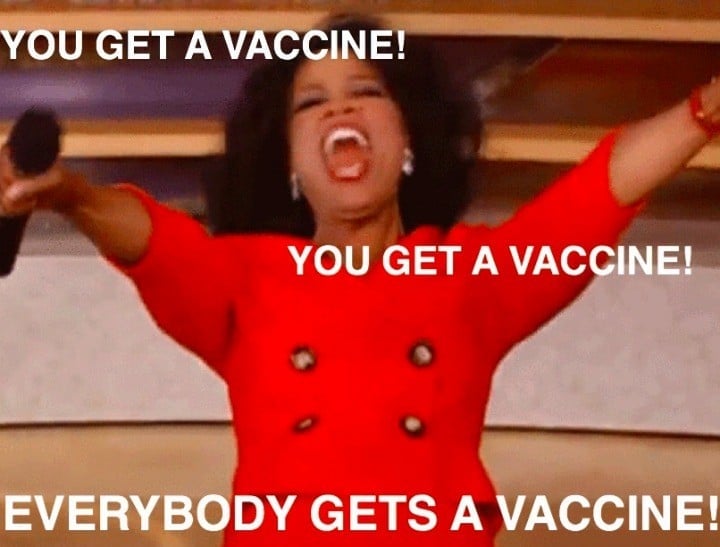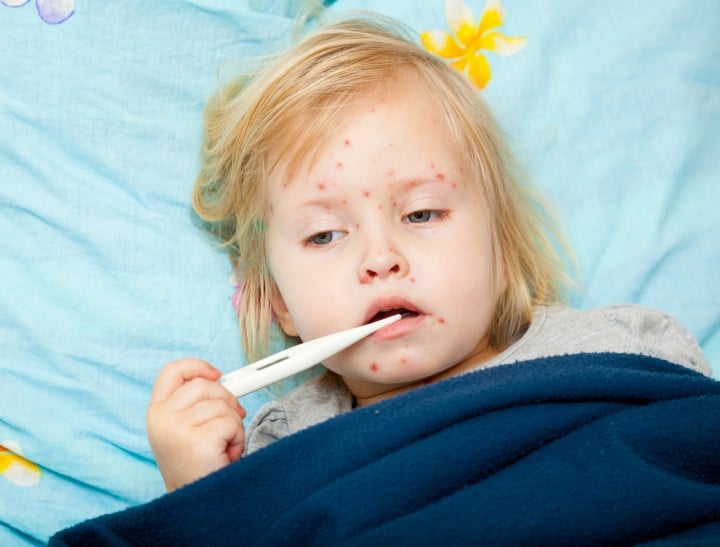
Spreading dangerous diseases 101.
There has been a lot written about the measles outbreak and anti-vaccine parents.
But the fact is, the current situation is a direct and predictable result of many social/political trends that have emerged in America over the last generation. Having recently learned that a good way to get “clicks” on the Internet is to create lists, I am sharing five easy steps to take if you want to create an epidemic just like this.

1. Raise a generation ignorant about science.
The majority of Americans are clueless about science: how it works, what it tells us. From health to climate change to evolution, your average American has no real idea how empirical evidence is used to make and test hypotheses, nor that it is especially important to pay attention to data when they disagree with your prior beliefs. Our American approach: when data fail to support our beliefs, we summarily reject them.



Top Comments
I think one of the problems attributed to these trends of denying scientific findings like immunisation and other topics like climate change, evolution etc, is how scientific studies and research are communicated to the general public. Academic research papers are not necessarily easy to find (for free) and are usually not really easy to read either, unless you specialise and study those fields. The internet is available to nearly everyone today and doing a quick google search for vaccines or any other topic can easily lead you to a blog or website that relays information and often sounds both credible and along a similar track of thinking as any concerned person could easily relate to. I think science is not being well communicated in the sense that when we read about some new research into how chocolate or coffee or whatever substance will increase your lifespan in a newspaper only to be reported the next week with different results, people only learn to doubt what is communicated, and seeing as the average person is not in the position to have access to academic research papers, will only view these studies in media, they will automatically cast doubt on what is being reported as there are so many differing pieces of information available and could easily be taken out of context by the reporter. Living in Chile, I have noticed that the immunisation debate is practically non-existent here, and seems to be happening mainly only in the USA, Canada, Australia and other "first world countries". Oddly, a lot of people who oppose immunisation would most likely get their children treated if they had another disease such as cancer or infection, with medicine that would also come from "Big pharmaceutical companies" but the exception seems to be vaccines, which seems rather strange, but then again, they have been fortunate enough not to have been alive when these epidemics killed or left countless people with lifelong disabilities. (just an observation)